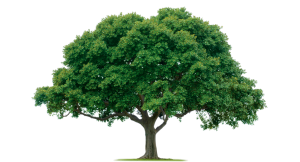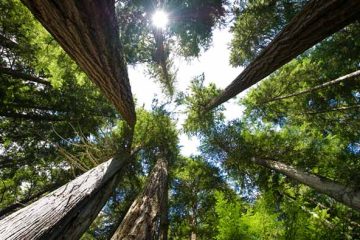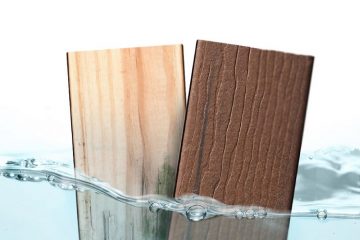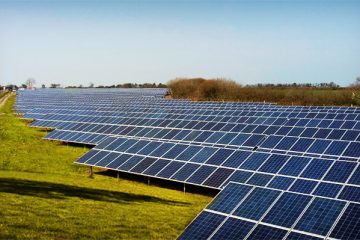Sometimes the world of high finance and the centers of capitalist accumulation can seem a long way away from us here on this far-flung coast.
Then, at other times, the world becomes very small. Brookfield Asset Management—a corporation with investments in the real estate market and resource industries—has achieved notoriety recently for evicting Occupy Wall Street from Zuccotti Park, which the company owns. A seemingly distant and nebulous embodiment of the sort of wild real estate speculation that brought the financial industry to its knees in 2008, Brookfield is now making its presence felt in our own British Columbian back yards.
Brookfield owns Island Timberlands, which is about to log old growth forest on Cortes Island, an area comprising much of the last remaining 1% of the original ancient Douglas Fir forest that once blanketed the coastal region. This is a clear and blatant example of ecological destruction in the name of excessive profits—old growth forest sacrificed for the out-of-control growth of the market economy.
Brookfield boasts $150 billion in assets. Their website touts that “Turnaround investing is in Brookfield’s DNA.” This means that Brookfield is in the business of buying up underperforming companies and wringing quick, short-term profits out of them. The profits to be gained by logging Cortes Island are a mere drop in the bucket for a corporation this size—and yet that isn’t going to stop a machine built to extract profits at any costs, from any place, no matter what the consequences.
We don’t think the last 1% of old growth Douglas firs should be used to help line the pockets of the economic 1%. We call upon all concerned to stand in solidarity with the Ancient Forest Alliance and the residents of Cortes Island. We stand in solidarity with a view of the world which would hold economic and ecological concerns in balance, and which would not sacrifice our environmental future for short-term profits today.
Logging is slated to begin in the coming weeks but the people of Cortes Island are organizing to oppose Brookfield and Island Timberlands, and members of Occupy Vancouver will be joining them in direct action. Together we can save what remains of the coast’s old growth forests. Together we can say no to Brookfield. As the saying goes, another world is possible. But only if we don’t completely exhaust, despoil, and destroy this one first.
Please sign the on-line petition: http://www.ancientforestpetition.com/
Stephen Collis is the author of four books of poetry, the most recent of which, On the Material (Talon Books 2010), was the recipient of the 2011 Dorothy Livesay Poetry Prize. Forthcoming books include A History of Change (vol.1): Dispatches from the Occupation (Talon Books 2012) and To the Barricades (Talon Books 2013). He teaches poetry and poetics at Simon Fraser University, where he is a 2011/12 Shadbolt Fellow; since October he has been involved in Occupy Vancouver, writing for occupyvancouvervoice.com.




